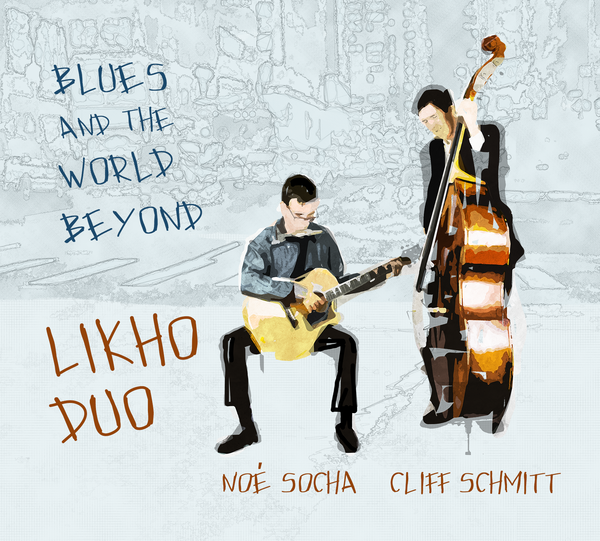

In 1928, he had a hit with “Big Bill’s Blues” on which he sang and played guitar. Broonzy performed in clubs in the Little Rock area in the 1920s before moving to Chicago.

He spent his youth in Pine Bluff where he learned to play fiddle he made from a cigar box. Blues historian Robert Reisman, after much research, believes Broonzy was born at Lake Dick in Jefferson County, Arkansas. Broonzy himself claimed to be born in Scott, Miss. William Lee Conley “Big Bill” Broonzy is another artist with a disputed place and date of birth. His unique style of playing influenced such rock and roll guitarists as Jeff Beck and Eric Clapton. During his career, he played for Arkansas natives Dale and Ronnie Hawkins. He is considered a pioneer of the Telecaster sound. He was posthumously inducted into the Blues Hall of Fame in 1998. Allison was at the height of his career when he died on Aug. A self-taught guitarist, he started out playing with Howlin’ Wolf’s band and backed James Cotton. Luther Allison was born in Widener, about 30 miles west of West Memphis, in 1939 and moved to Chicago at age 11. Here’s a sampling of those musicians in alphabetical order by last name. The list of famous blues artists who were born, lived or worked extensively in Arkansas reads like a “who’s who” of the blues. Notable Blues Performers with Arkansas Ties Johnson influenced countless bluesman, but none more than Robert Lockwood Jr., a young man from Turkey Scratch, near Helena, who would later rise to fame with his own rendition of the blues. Robert Johnson, who is now regarded as one of the most influential bluesmen ever, played here at clubs such as The Hole in the Wall.
/https://tf-cmsv2-photocontest-smithsonianmag-prod-approved.s3.amazonaws.com/b42af46c-1051-4a26-a52d-fe17e9992e63.jpg)
Helena’s downtown streets - Elm, Phillips, Walnut and part of Cherry - were filled with juke joints and cafes where bluesmen played all night long to packed houses.Įven the sidewalks were a popular venue for many musicians. But the undisputed blues music capital at the time was Helena, Arkansas, located along the Mississippi River about 80 miles southwest of Memphis. By the 1920s and 30s, highly popular blues musicians such as Robert Johnson and Peetie Wheatstraw were selling recordings of their woeful tales of loves lost and hard times endured.ĭuring the 1930s, the blues could be found in juke joints in many small towns along the Mississippi River. These “hollers,” along with other sources such as spirituals and minstrel songs, evolved into a new musical form that was later dubbed the blues. The “field hands” would chant and sing out “field hollers” as they chopped and picked cotton. The roots of the blues are firmly planted in this Delta soil, for it was here before the turn of the century that scholars say this music was born. But much more than crops has sprouted from this land. The fertile soil of the Mississippi River Delta has long produced strong yields of cotton, rice, soybeans and other crops.


 0 kommentar(er)
0 kommentar(er)
